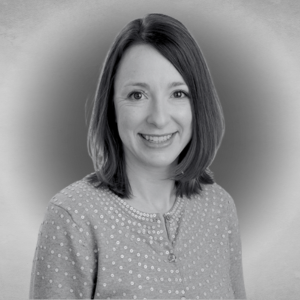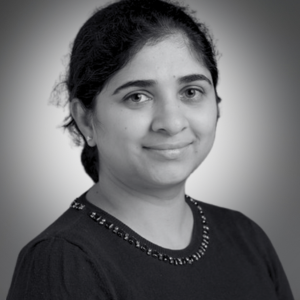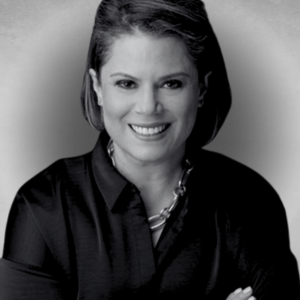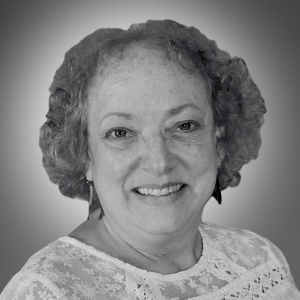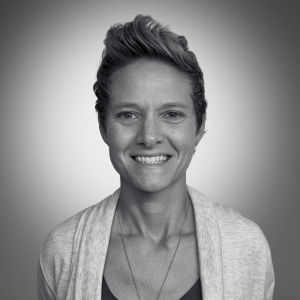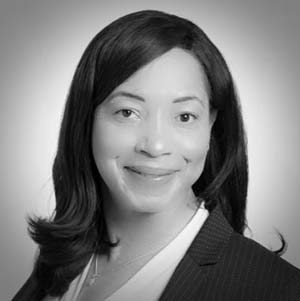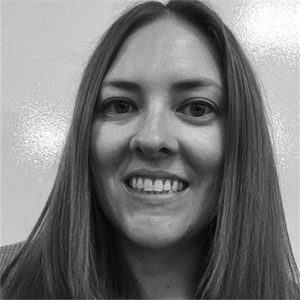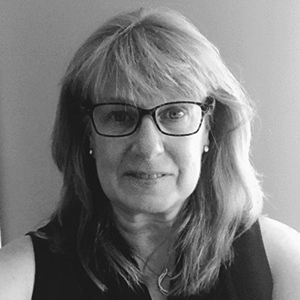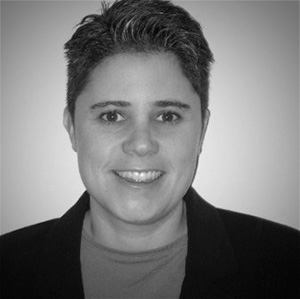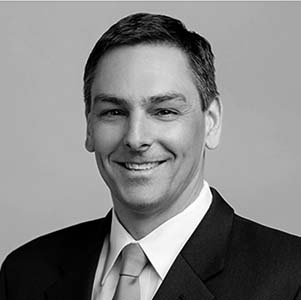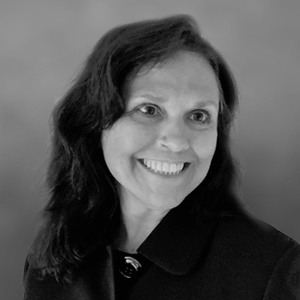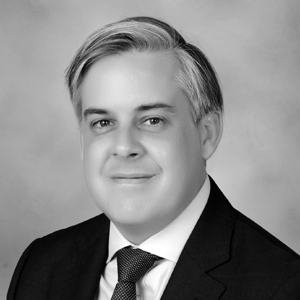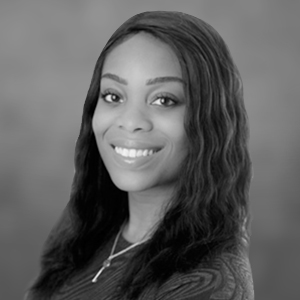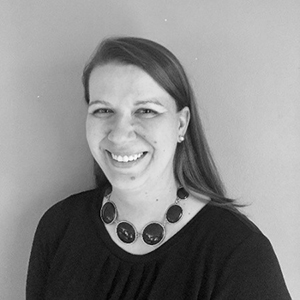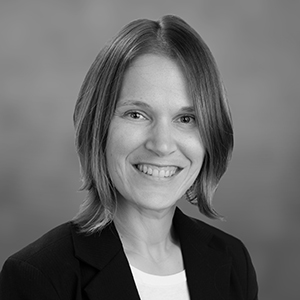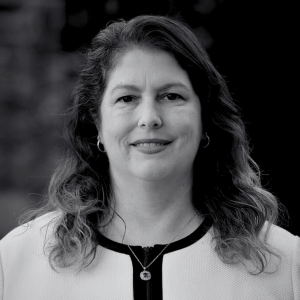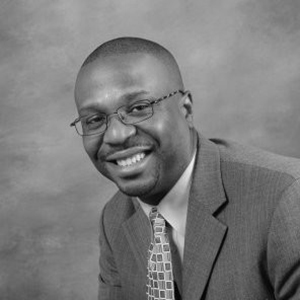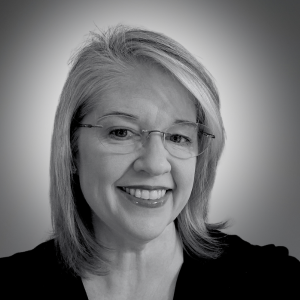Johanny Kugelman-Tonos is a Science Officer with Ripple Effect, supporting the Congressionally Directed Medical Research Programs (CDMRP) in Ft. Detrick, MD with a focus on prostate cancer, ovarian cancer, peer reviews, and managing funded projects. She’s a PhD-credentialed scientist and researcher who has pursued her passion since childhood, yet as a proud military spouse, Johanny has had to navigate challenges, overcome setbacks, and adapt in order to get where she is today.
In this guest blog, Johanny shares her educational and career journey, from Puerto Rico to Texas to France, and how necessity, flexibility, and resilience have empowered her every step of the way.

My Background and Getting into Science
I’m from Puerto Rico, and became interested in science at a young age. My father is a doctor (Oncology, with a PhD in Naturopathic Medicine) and I used to help around his office as a kid. He conducted a lot of research on cancer treatment, so working with him sparked my interest in both medicine and research. At age 16, I started a Pre-Med program at the University of Puerto Rico-Mayaguez, but my dad recommended I always have a Plan B, so I looked for programs that would cover the prerequisites for med school while giving me a backup career option.
I transferred to the Industrial Microbiology program, and that allowed me to work in a research lab for the first time. I’d go on to graduate with that B.S. in Microbiology, and achieve a Master of Science degree from the Universidad Central del Caribe. My journey into science was off to a great start, but there would be bumps in the road ahead.
Pursuing the PhD and Adapting to Unexpected Circumstances
After completing my degrees in Puerto Rico, I met my wonderful future husband, a service member in the U.S. Army. For military families, every decision is dependent on the Army, and that includes where you go to school. We had moved to El Paso, TX in 2008 and I was in a PhD program there, focusing on Pathobiology. That program was terrific. It wasn’t a simple continuation of my previous studies; it was challenging and robust, designed to provide intellectual and technical training from day one.
And it was intense! Lots of late nights and weekends in the lab. It was challenging for me because it was the first time that I lived so far away from home, and I couldn’t visit my family as often as I wanted. But I had a fantastic mentor and wonderful lab mates. The environment promoted collaboration between labs and the opportunity for students to became independent researchers. I completed the program in three years, graduating in 2011, and had big plans to continue in a med school program.
During this time frame, my husband was accepted to Army Officer’s school. That was wonderful, but threw a wrench in things: I knew my husband would be sent somewhere new after his Officer training, so I’d have to postpone my current med school program and search for a new one.
The trick was focusing my search criteria on Army-adjacent locations, rather than programs, so I looked around Washington, Georgia, and Maryland, anticipating a move. We ended up relocating to Frederick, MD and since the closest medical school was the Uniformed Services University of the Health Sciences, I decided to join the Air Force. After all the recruitment processes, physicals, and evaluations, I learned that I was pregnant with my youngest child, so I postponed medical school again.
Charting a New Course
With med school temporarily off the table in 2011, I considered a new path: research. I think that both researchers and physicians are critical for medical research, but if you can be involved in both, even better. I had been actively doing medical research since my first year of college, so I looked for jobs in that area and found a wonderful opportunity with U.S. Army Medical Research Institute of Infectious Diseases (USAMRIID) as a research scientist.
I loved working at USAMRIID, and worked there for five and a half years. I got to collaborate on multiple projects and work with various pathogens. One project I’m particularly proud of was a collaboration with my husband, of all people! He is a viral geneticist and, in 2014, was studying therapeutics for the Ebola outbreak. I performed biochemical assays, microscopy and tissue culture, while he took care of all genetics, sequencing and analysis. The collaboration resulted in our first co-author publication, and that was amazing. It was our first time working together—not always easy for most people—and it went so well.
At USAMRIID, I learned the management aspects of running an independent lab. Part of my time was dedicated to the non-bench work requirements of a scientist, and I enjoyed that. It clarified my career path, and confirmed my passions for cancer, neuroscience, and infectious diseases, especially the New Discovery projects. Most importantly, my experience with the military made me resilient, disciplined, resourceful, and capable of taking on challenges.
The Challenges of being a Military Spouse
First and foremost, moving so frequently is the biggest challenge for military families, not just spouses. Many people don’t understand the sacrifice that an entire family has to make—just because only one family member may be a soldier, it doesn’t mean that Army decisions don’t affect the rest of the family. We have three kids today, and for them, having to say goodbye to friends and move to new homes is so hard and heartbreaking. In 2019 alone, we moved four times, and making new friends was hard on the kids. They’ve had to be just as resilient, resourceful, and adaptable as my husband and I have.
Having a career and being away from my family in Puerto Rico has been difficult because they’re my natural support system, and the reality of distance and work obligations can make visits tricky to plan. When my husband gets deployed or goes away for training, that takes a toll as well. In 2014, he was in Africa for the Ebola outbreak, setting up a genomics lab. He was doing vital, life-changing work, but he missed every holiday and birthday that year, and not knowing if he was safe, or sick, was the worst.
Those challenges, difficult as they may be, have also taught me new skills and strengths I didn’t know I had. For instance, I’m an expert at planning, a whiz at packing our house for a move, and a pro at organization. Traveling with kids and dogs is second nature, and doesn’t stress me out like it may others. Most of all, I’ve learned that all it takes to find support is asking for it.
Learning, Development, and Growth
I sometimes chuckle when I see “Lifelong Learning” as a core value here at Ripple Effect, because that phrase has defined my own life. Curiosity motivates me, and I’m fascinated by the process of discovery, but necessity has driven me to learn and grow throughout my life and career. For example, I learned English as a teen because I wanted to study in the U.S., and French because my husband and I moved to France in 2016.
Living abroad then taught me adaptability and flexibility. The plan was for me to work in a Genomics lab at the University of Marseille. We moved to a small town with no bilingual schools, and our kids were struggling to learn and adjust. So I decided to stay home from the lab and homeschool them. That was a great experience, even though it was unplanned. The flexibility that homeschool provided allowed our whole family to explore Europe, and the experience actually ended up helping my career.
When I was thinking about going back to work after our time in France, I was nervous. Everyone I knew was saying, “That four-year gap in your resume will be a liability…” but that was not the case! Au contraire, in fact. When I interviewed with Ripple Effect earlier this year, everyone praised my experience. They saw my years of homeschooling not as a disruption to my scientific career, but rather as evidence that I’m patient, organized, and a multi-tasker. That was validating.
Personal Life and Parting Advice
Outside work, I love to spend time with my family (obviously!) We love the outdoors, and I love to garden and maintain indoor plants when I’m not digging into parenting books or science fiction novels. For parenting, The Whole Brain Child is a favorite, and for entertaining, my favorite series is The Dresden Files.
I wouldn’t be the person I am today without my parents as role models. They are the most dedicated, hard-working people I have ever met. While raising four girls, my dad went to med school and my mom was an accountant. She would dictate his med school textbooks and record them on cassettes so he could listen to them in the car, or while at work. It was a team effort, and my dad graduate magna cum laude.
The biggest piece of advice I can offer anyone, regardless of discipline or personality, is to always have a plan B. When things don’t go the way you want, you have to be able to adapt. Appendix to that: every problem has the potential to be an opportunity in disguise. So stay optimistic, be flexible, persevere, and good things will happen.




